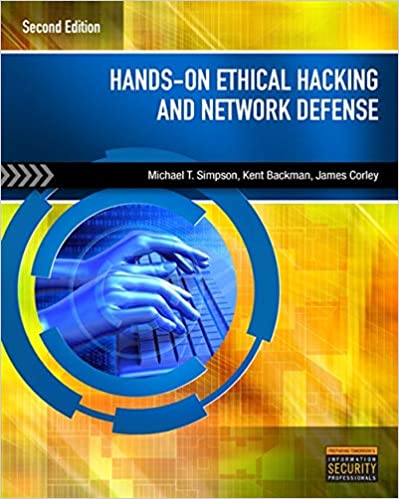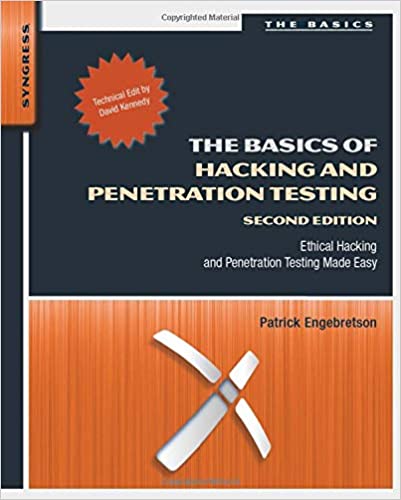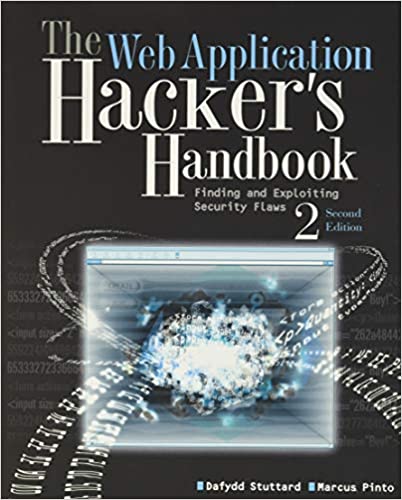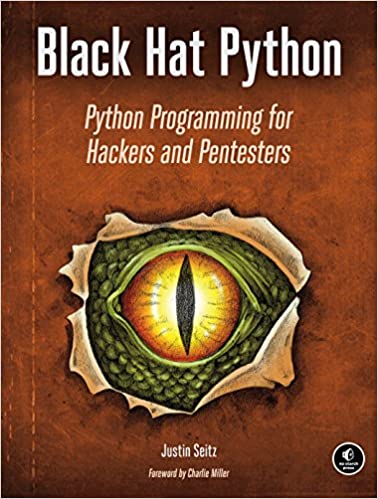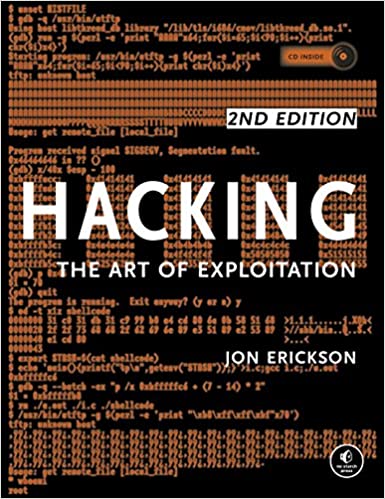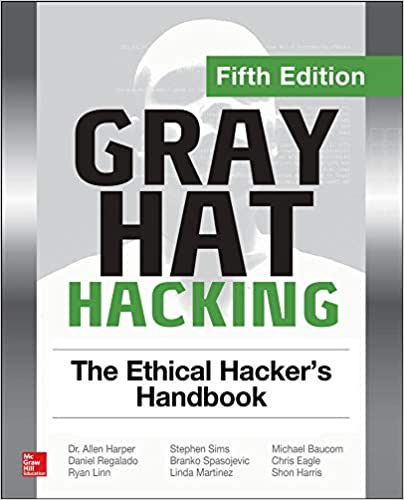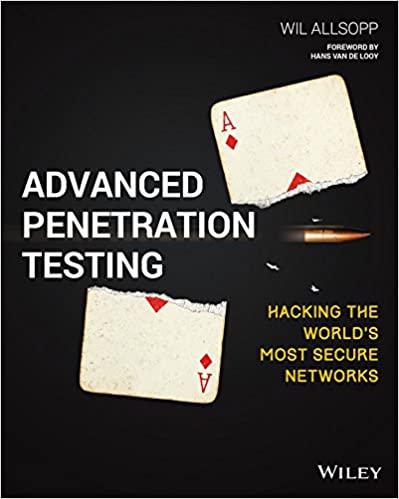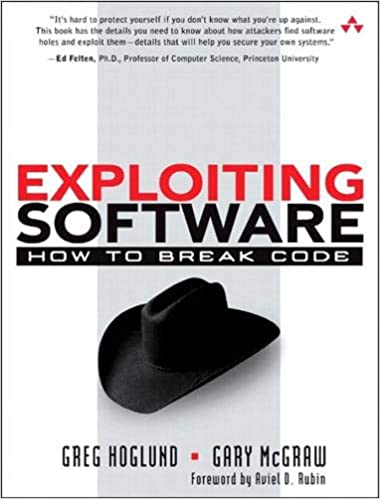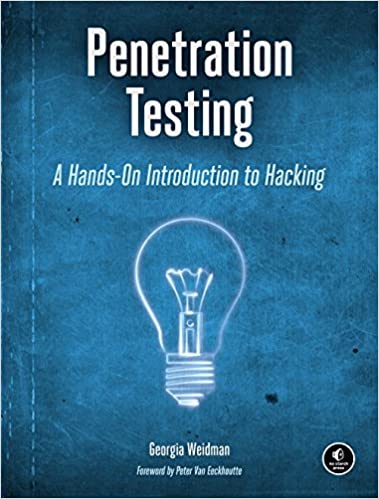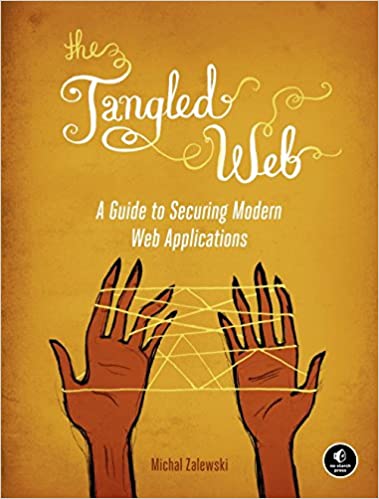Introduction to Ethical Hacking
The digital world is developing rapidly and furiously, and there is a need to secure data at every stage. Since everything – personal information, bank information, friends, family, etc. is shared online now, data has to be secure at every point. Many cybercriminals are looking for opportunities to steal confidential data for many purposes, including conflict of interest, national security breach, terrorist activities, and so on.
Ethical hacking services provide a solution to safeguard business and government networks from such attacks and provide high data security. We can prevent data from being stolen or misused through ethical hacking, identify vulnerabilities or weak points, implement secure networks, and protect the data. There are five main types of ethical hacking, and most of us know most of them:
- Web application hacking
- Web server hacking
- System hacking
- Wireless network hacking
- Social engineering
Each type of hacking requires certain skills, tools, and techniques, and the ethical hackers need to think just how an actual malicious hacker would for a thorough test. They should identify loopholes, know about penetration testing, use the appropriate tools to carry out the hack, and be prepared. Even if there is an actual attack, the loss is minimal.
Types of Hackers
Hacking is an exciting topic, and so are the hackers. That’s why there are different types of them based on their intentions:
- White Hat Hacker: Well, these are the good guys or ethical hackers. They exploit the security systems to look for loopholes so that the ‘bad guys’ don’t do that. They have permission from respective companies to do so for the sole purpose of identifying potential security threats. Companies like Google, Facebook, and Microsoft, that store sensitive data hire white-hat hackers.
- Grey Hat Hacker: Grey-hat hackers are one step ahead of white-hat hackers and exploit the networks left and right to identify vulnerabilities and also correct them to get money from the organization. They do not have malicious intentions and inform the authorities and intelligence agencies about security loopholes that can be dangerous.
- Black Hat Hacker: This type of hacker tries to gain unauthorized access into a network to compromise security systems, shutting down systems, and altering website functions. These hackers try to get access to personal data, financial data, and passwords.
10 Best Ethical Hacking Books
In the above introduction, we have tried to cover fundamental information about hacking. Once you start reading about hacking, you will be more interested in learning and understanding how things work, and nothing can beat books when it comes to learning! So, here we have the top 10 ethical hacking books, through which you will gain knowledge and be able to hack some systems and know the loopholes if any. Remember that ethical hacking means having permission to hack; otherwise, hacking is a serious offense.
Ethical Hacking Books for Beginner to Intermediate
1. Hands-on Ethical Hacking and Network Defense
This is a solid foundational book for beginners and best books learn hacking including freshers who have no idea about networking, security, hacking, etc. The author uses simple and effective language and gives thorough explanations of the various concepts. It is mostly a theory book and doesn’t have much implementation or techniques explained. It is a good book to overview all the high-level hacking concepts like security testing, various tools, penetration testing techniques, mobile security, and ways to protect networks.
Highlights
- Easy to read and doesn’t go too much into technical details or implementations.
- There are a lot of case scenarios and questions at the end of each chapter.
- The book introduces many concepts and terminologies, and if you wish to read in-depth about any term or concept, you can supplement the learning using other resources or books.
- The book lists quite good resources and additional reference material in Appendix B.
You can buy this book here.
2. The Basics of Hacking and Penetration Testing - Patrick Engebretson
If you plan to be a penetration tester (pen-tester), this will be a good first book for you. The book covers a wide range of tools like Backtrack and Kall Linux, Nmap, Social-Engineer Toolkit, Netcat, and many more. The book is well-structured and covers each topic step-by-step for thorough understanding. The author’s tone is quite entertaining and engaging. It is a complete ethical hacking training material for beginners.
Highlights
- This book is a must for you if you don’t know what to start with ethical hacking.
- The author takes time to create a solid understanding of foundational concepts.
- The author gives a lot of attention to detail and explains why something is being done in a particular way, rather than just explaining what’s being done.
- The author sticks to basics and doesn’t overload you with too many technical details or advanced concepts.
- There are many examples in each chapter, end of chapter exercises, and extra resources to enhance the reading experience.
You can buy this book here.
3. The Web Application Hacker’s Handbook: Finding and Exploiting Security Flaws
This is one of the highly popular and commercially successful books for hacking. It follows an efficient approach. The book is thorough on website security and good for reference as well. The author doesn’t spoon-feed you with facts; he tries to make you think at every point. The book has loads of real-world best practices and scenarios. The book is well-organized, with the first few chapters discussing major web components and potential vulnerabilities, the next few focus on hack steps for sessions, databases, etc.
Highlights
- There are a lot of techniques presented to attack and protect web applications.
- Some sections help you build your own code and have examples in C++, ASP.Net, and Java.
- The author introduces readers to many tools and encourages the use of their own product, Burp Suite.
- Though Burp Suite is not free (it’s rather costly), you will gain a lot from the content and test the book's techniques.
- The book is for both beginners and intermediate learners.
You can buy this book here.
4. Black Hat Python: Python Programming for Hackers and Pentesters
This book is great for those who have some programming experience (not necessarily Python) but no Hacking experience. As Python is easy to learn, you can learn it side by side through this book. For more information, you can refer to online materials once in a while. The book uses Python 2 and mostly focuses on how to write effective hacking tools using Python. The book is thorough with the techniques and challenges you at various levels. You can use it as reference material as well as for learning from scratch.
Highlights
- The author gives a lot of interesting tricks for basic hacking using Python.
- Although some code is outdated (Python2), you can easily change it to the corresponding Python3 and use it.
- The author’s language is crisp and to the point.
- The book encourages you to extend the existing techniques to create your own exploits and play around with the concepts.
- No prior knowledge of networking or hacking is required; the book covers all the necessary basics.
- The book also covers GitHub and how to build a Git-Hub aware Trojan.
You can buy this book here.
5. Hacking: The Art of Exploitation by Jon Erickson
This intermediate book for hacking has a different perspective on hacking. The author encourages you to have a solid technical foundation apart from knowing networking and security and explains how arcane hacking techniques work. This is a hands-on and practical book that works its way through examples while exploring various hacking areas. The author emphasizes the need to think like a hacker, be creative, and investigate areas never touched before.
Highlights
- Though the book covers a bit about C, it is better to have a basic understanding before you start the book.
- You should know the basic concepts of Python, TCP/IP, OSI, and the operating system (Linux).
- It is very insightful and deep, so you should start the book when you have the time to learn everything about hacking thoroughly – it's not a quick reference guide.
- The book doesn’t just give you use cases but tries to build a strong foundation so you can think of your own ways of hacking.
- Comes with a CD for Linux that helps you practice what you read.
You can buy this book here.
6. Gray Hat Hacking: The Ethical Hacker's Handbook, Fifth Edition 5th Edition
The book covers all the basics and then moves on to some intermediate concepts as well. So, whether you are a fresher or not, you will benefit from this book in some way. This is an interesting and well-written book in a neat and crisp style. Although some concepts are not covered too much in-depth, it is sufficient for you to start with ethical hacking, networking, and cybersecurity.
Highlights
- The book is totally divided into five parts where Part I talks about hacking in general and preparatory work for hacking like learning a programming language (C), using gdb, etc., Part II starts with core concepts of hacking and penetration testing, Part III explores how to exploit systems left and right, Part IV covers some advanced malware analysis. Part V talks about IoT that can be hacked.
- Each chapter has labs and additional exercises at the end of practice. The authors also give references at the end of the chapter.
- Along with the various strategies and case studies, the book also tells how you have to be careful about cyber-attacks and lists out the clear distinction between ethical and unethical hacking.
You can buy this book here.
Advanced Ethical Hacking Books
So far, we have discussed books that cover basics and foundational concepts and some intermediate concepts here and there. The below books go one level deeper and help readers understand hacking in a more organized and deeper manner.
7. Advanced Penetration Testing: Hacking the world’s most Secure Networks
The book covers some complex scenarios and techniques to face those. This is for professionals who want to think like professional hackers and perform pen-testing on highly secure networks. Many examples in the book use C, Java, JavaScript, VBA, Windows Scripting Host, Flash, etc. The author introduces you to many scanning tools and standard library applications in these languages.
Highlights
- A very engaging book; it is like reading a storybook, except that it is technical!
- Very relatable examples and a true opener of how vulnerable we are when we go digital.
- Although advanced, the book teaches you how to write custom code step by step and helps you understand the importance of pen-testing tools.
- You can read the book even if you don’t have programming knowledge (but some computer background). You can learn the languages along the way through other reference materials.
- This is also a great book for those who want to take up certifications as a pen-tester.
You can buy this book here.
8. Exploiting Software: How to Break Code by Greg Hoglund and Gary R. McGraw
The book is deeply technical and written knowledgeably and educationally. It is for those who have some working knowledge of reverse engineering and exploitation but want to go deep into exploring black hat techniques for exploiting software vulnerabilities. The book emphasizes attack patterns, which we have not seen in any other book in so much detail. The author gives a lot of examples and case studies that are relevant in today’s scenario.
Highlights
- The book focuses on how software quality problems can lead to security lapses and how they can be corrected quickly.
- You will learn how to write your own cracking tools (the book assumes you have a basic understanding of x86 processor)
- Many chapters are dedicated to attacking patterns like stack overflow, string format overflow, URL encoding, etc., and explores how to overcome them with examples from different languages like C++, Java.
- The author covers in detail rootkits, writing them, call hooking, and many more advanced concepts.
You can buy this book here.
9. Penetration Testing – A Hands-On Introduction to Hacking
The book starts by explaining the fundamental skills and techniques that every pentester should possess. As the name suggests, the book contains many examples, practical lessons with tools, and a machine-based lab. This way, you will be able to closely understand how a hacker gains access to security systems, cracks network keys and passwords, and write exploits on your own for all of the above and more.
Highlights
- The book is not purely technical and doesn’t overload you with too much information and technical jargon.
- The lab setup is a little outdated (1st edition), but all the relevant information can still be found on the web (for example, exploit-DB)– the book is worth in-spite of this!
- If you are new to hacking, this book will provide you a good introduction, and if you are experienced, you can get a lot of practical knowledge through the exercises and lab.
- The author’s tone is engaging and crisp and focuses on example-based learning.
You can buy this book here.
10. The Tangled Web by Michal Zalewski
This is a thorough and comprehensive guide, and not only that, but it is also written in a fascinating, engaging manner. Since we all use the web for some other reasons, you can relate to many scenarios covered in the book as a reader. It is an eye-opener of how our data is so vulnerable and what are the weak points that make hacking possible on a large scale. The book also gives a solution to these problems through various tools and techniques.
Highlights
- Every chapter contains security engineering cheat sheets that offer quick solutions to the most common problems.
- Covers a wide range of basic and advanced tasks like URL parsing, building mashups, and embedding gadgets, use modern security features to protect the network and its users
- The book focuses on the problems faced in today’s web browsers, including how they operate and how to build secure browser applications, which means that this is a must-have book for web developers.
- The author's guidance and tips are outstanding and show the author’s experience in the field.
- The user starts with URL, HTML, CSS, etc., and explains the behavior of each, and then moves to browser security features. The author also gives some foresight on new security features (which may be old now, but still worth reading!).
You can buy this book here.
Further Learning
If you have no programming experience before getting into hacking, you should learn some basics about at least one programming language like C, C++, Python, Java. Also, you should know about what a network is, DBMS, and how they are structured. This will help you focus better on hacking. Some of the above books cover these topics, but having prior knowledge is a good option for your own learning.
There is a lot of material that can add value to your learning, along with these books, such as blogs and online tutorials. Here are some of the best hacking courses listed by hackr.io that can further enhance your learning experience.

